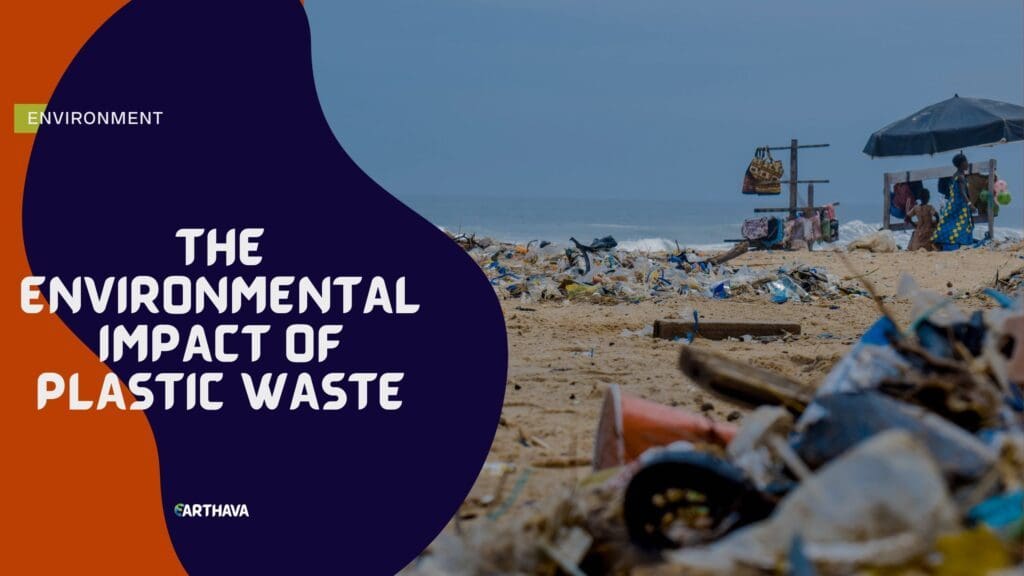More people are picking up on the “going green” trend every day. Technology allows scientists and analysts to study the earth and the impact that humans have on it. It also allows those results to become public and far-reaching, which is why so many people feel concerned about helping the earth.

Although it wasn’t intended to, the creation of plastic has become extremely popular and harmful. Businesses can create and package products at much cheaper costs, leading to more profit. The flip side is that the increasing number of plastic products hurts the planet. Here’s why plastic waste is on everyone’s mind and how people are coming together to fight back and protect the environment.
Plastic Harms the Environment
The concept of plastic waste hurting the environment isn’t a difficult one to understand. Think of the viral pictures of sea turtles with soda can rings stuck around their necks and bodies. It’s concerning to see, but what people can’t see is even more dangerous.
Plastic bags serve as a good example of how plastic hurts the environment without people noticing a fair amount of use. The average person may use five to ten plastic bags on a grocery trip, but 100 billion plastic bags are used each year when that gets added up for people all over the country.
Even though 87 percent of Americans have nearby recycling programs, plastic bags can only go into landfills, making them a huge problem.
Styrofoam cups are another form of plastic that gets used frequently. It insulates hot and cold food while being light to transport, and you can make plastic for much lower prices than you sell it.
Not only has it turned out to be bad for the environment because it takes a minimum of 500 years to decompose, but it also harms people around it. People can develop cancer from eating or drinking out of Styrofoam and employees at factories that produce Styrofoam are at risk of health impacts from the air pollution Styrofoam creates.
It’s a World Wide Issue

Plastic pollution isn’t a problem that one or two groups of people can take on and make it go away. People around the globe contribute to it. Marine debris is where most used plastic goes. A recent study found that 80 percent of it comes from urban runoff, which means that trash from the coasts of Japan to California are adding up.
It’s affecting everyone, even the people who are most aware of the issue and eliminated plastic from their daily life. The longer plastics stay in water such as oceans or rivers, they begin to break down into what’s called microplastics. These end up in fish, table salt, fertilizer, and even bottled water.
There’s currently no evidence that microplastics enter the bloodstream or harm the health of those who consume them, but as they aren’t digestible, it’s best to keep them out of food and water.
Businesses Are Trying to Help
People are making changes to lead more environmentally friendly lives and so are companies. Businesses know they can make a much bigger impact by switching up their practices, so they’ve begun to work to go green too.
The fashion industry banned certain materials such as microbeads because they’re a threat to marine life. Research is currently being done to identify textile waste and how textile manufacturing uses plastics.
Another group that has a massive effect on the world is the sports industry, and they’re becoming more eco-friendly as well. In the 2010 South African games, Nike sponsored participants. They made each jersey with 100 percent recycled plastic, which removed 13 million used plastic bottles from landfills. Adidas also stepped in, creating sustainable objectives through 2020 and eliminating plastic bags from their stores.
ICC, the International Chamber of Commerce, and the World Business Organization made a statement on Earth Day to highlight companies who commit to reducing plastic pollution and how they’ve made a difference. They know that just five percent of plastics costs the world economy $120-160 each year and that if going green can get businesses promoted, they’ll put even more effort toward making a difference.
Even smaller businesses are helping out. Bureo, a company that makes skateboards and sunglasses, is committed to making skateboards out of recycled fishing nets. They formed the program out of Chile, and use a machine to condense the nets — that would otherwise float in the water to entangle and kill sea animals into pellets — then form them into skateboards.
Everyone Can Make a Difference
Plastic waste is on everyone’s mind because it’s a major problem. It’s hurting the earth and everyone on it, but the world has also come to depend on it so much that it’s hard to remove.
The issue of plastic pollution doesn’t have an easy fix, which is why it’s important that it become a topic of the global conversation. Everyone has to do their part to reduce their plastic intake.
In addition to people becoming eco-friendly in their everyday lives, companies are doing what they can to use their platform for good. Industries are looking at how they practice business habits and produce materials, so they have less of an impact on the Earth.
Smaller companies are making their mark and striving to go green, even with the waste they don’t create. Everyone can contribute to making the planet a better place to live by reducing their plastic waste and supporting companies that do the same.


